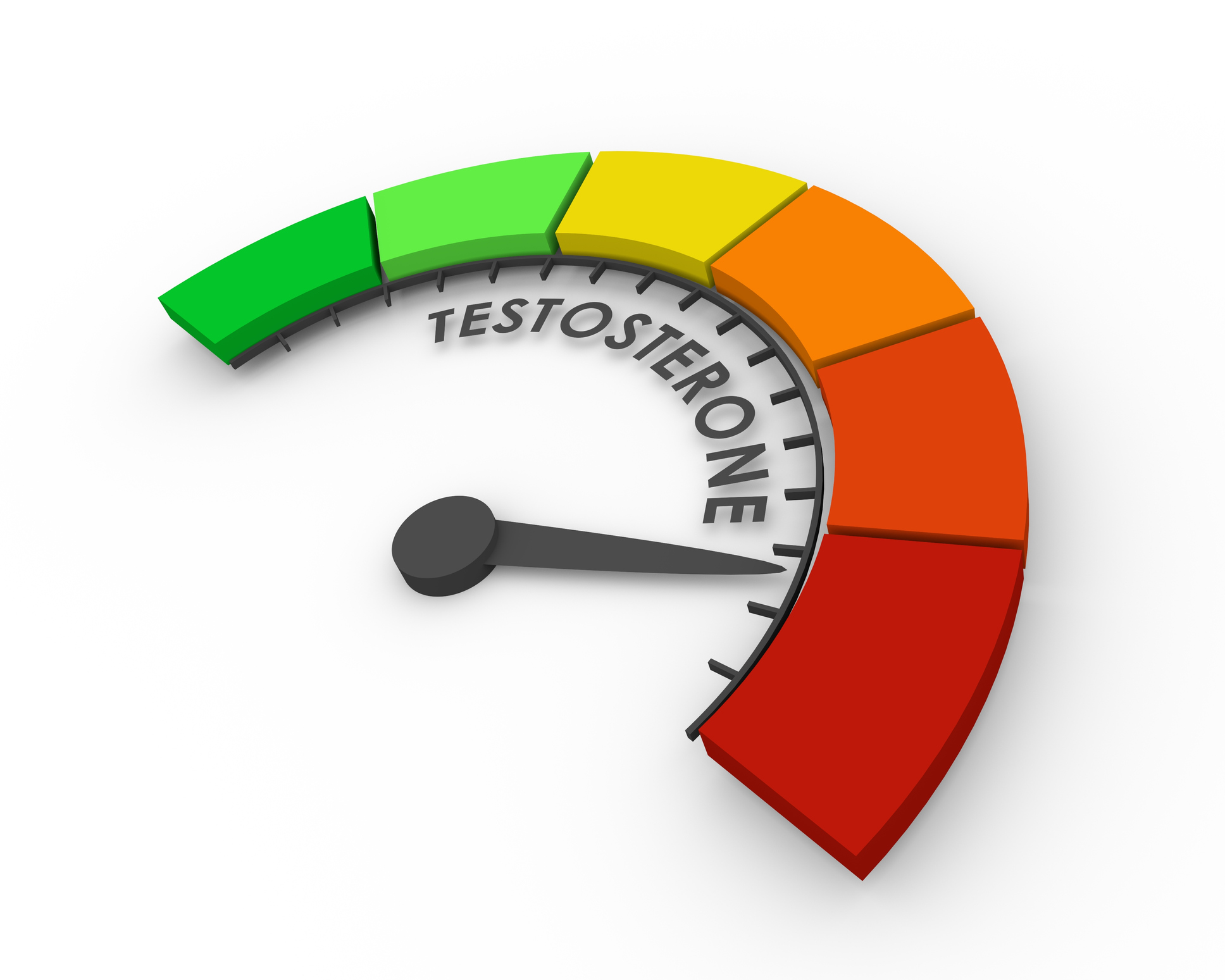Just as menopausal women experience a decline in estrogen that is associated with an increased cardiovascular risk, men’s testosterone concentrations progressively decline in older age leading to inflammation, insulin resistance, elevated cholesterol, and atherosclerosis. Testosterone replacement therapy is used to increase libido, treat erectile dysfunction, and boost energy levels, mood, and muscle strength – but researchers are concerned there may be a cardiovascular risk to older men from testosterone replacement therapy.
According to a recent research paper published in The Lancet Healthy Longevity, in 2014 the US Food and Drug Administration issued a warning against using testosterone replacement therapy for age-related low testosterone due to possible increased cardiovascular risks, but the data has been to date inconclusive. A new large-scale study using a placebo-controlled trial of testosterone replacement therapy found that after more than 9 months, there was no significantly increased risk of cardiovascular events between the replacement therapy group and the placebo group.
The large-scale study of 5601 men is reassuring for those who could benefit from testosterone replacement therapy, but the follow-up period of the study is too short to be considered conclusive. Future trials will require a longer follow-up timeframe. A longer trial of testosterone replacement therapy, the TRAVERSE trial, that began in 2018 is expected to be complete by the end of 2022. The authors of the research paper recommend that hormone therapy may be used selectively, but close attention should be paid to the cardiovascular risk in individuals.
Although millions of American men take testosterone replacement therapy, some of the symptoms of low testosterone can also be caused by medication side effects, obstructive sleep apnea, a thyroid problem, diabetes, or depression. A blood test is used to diagnose a low testosterone level. According to the Mayo Clinic, testosterone therapy for normal aging can have various risks including worsening sleep apnea, and acne, stimulating benign growth of the prostate, enlarging breasts, and increasing the risk for blood clots. Talk to your doctor to learn more about the benefits and risks of testosterone therapy.






Add Your Voice
0 Comments
Join the Discussion